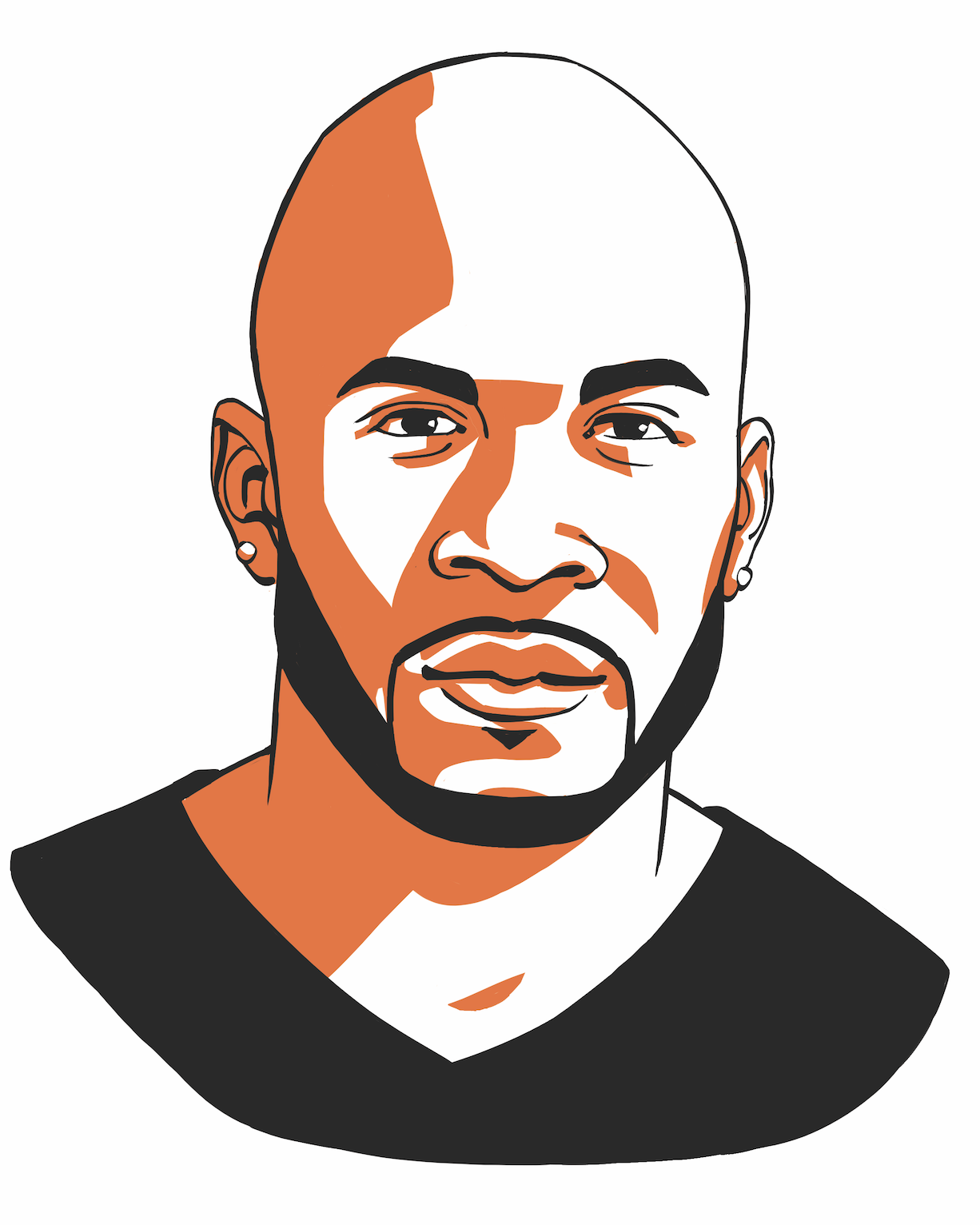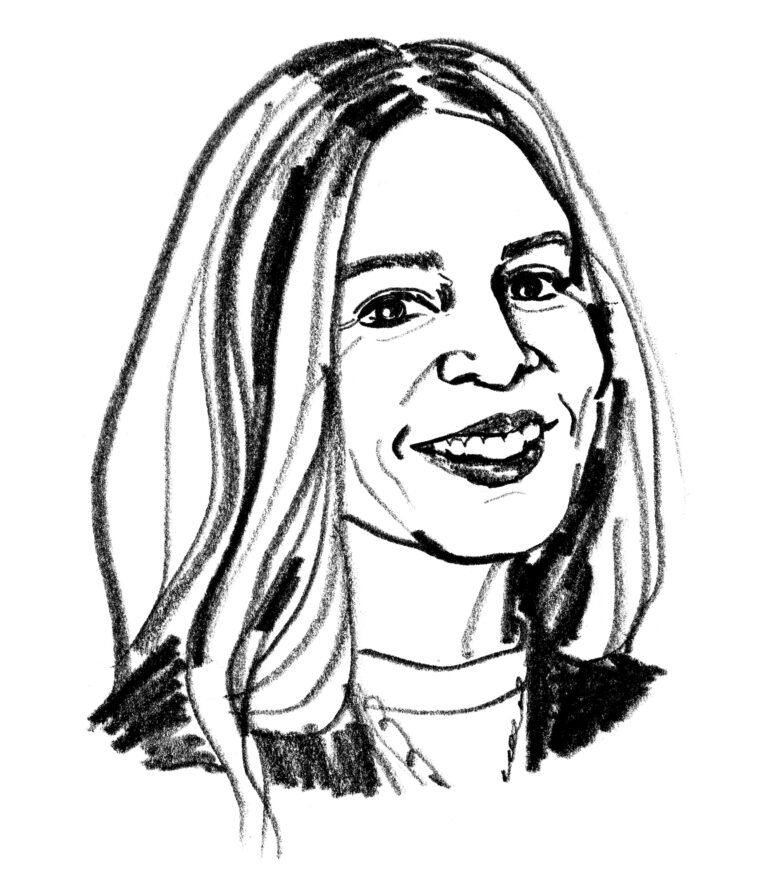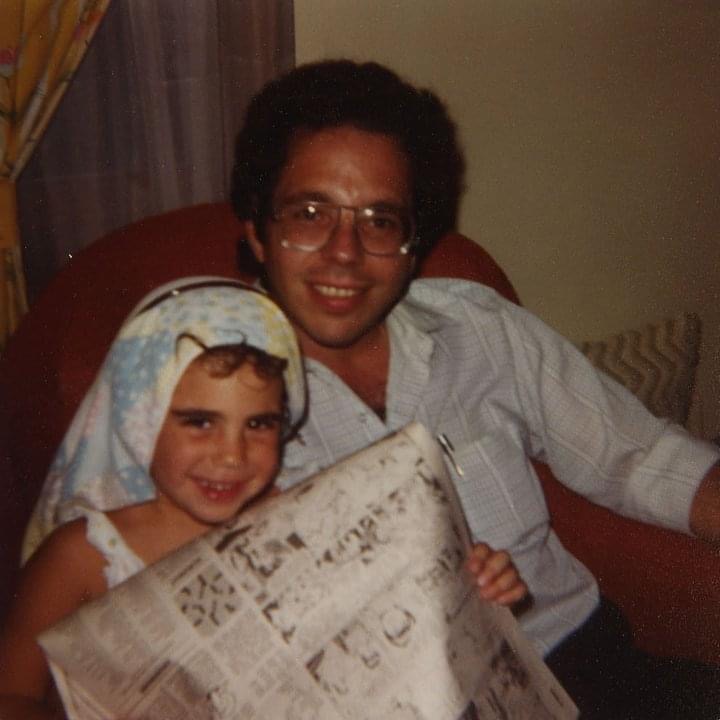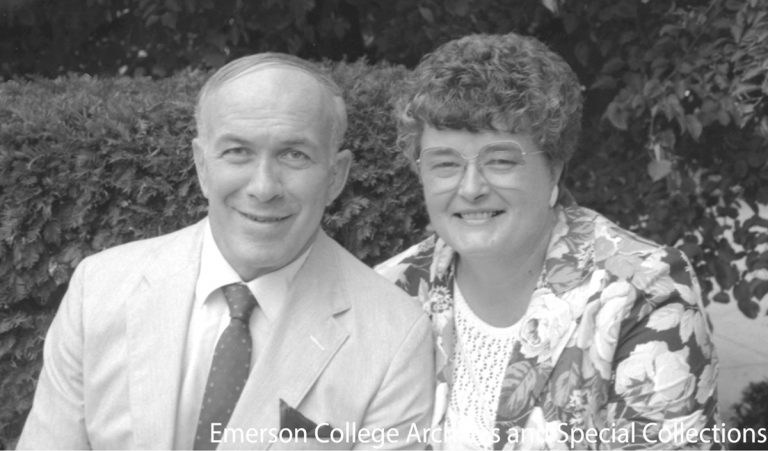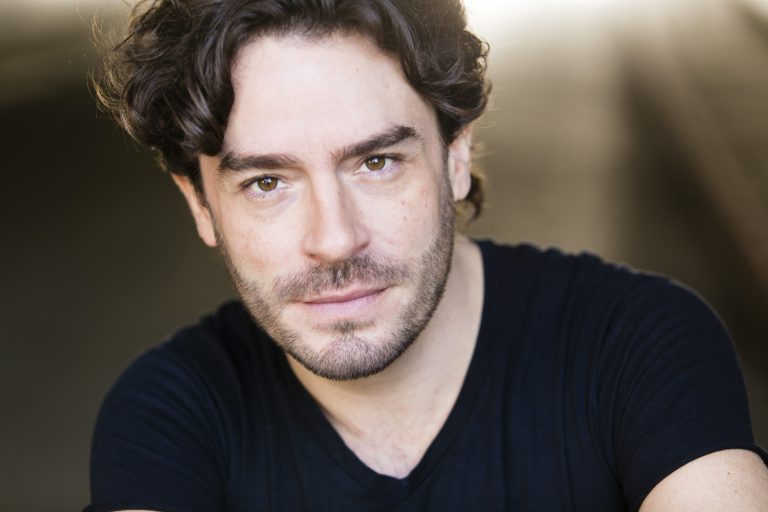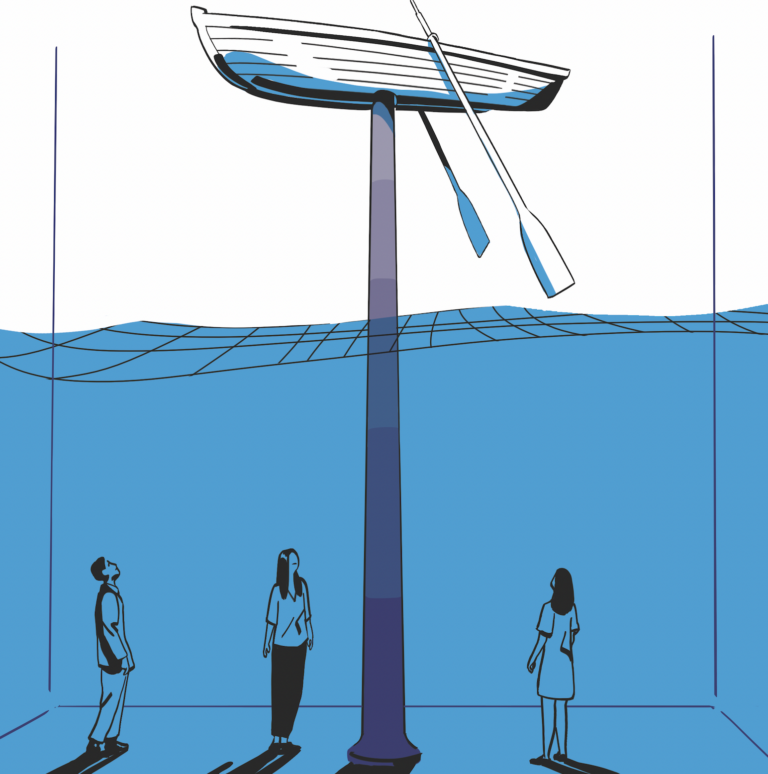Changing Standards
By Kara Baskin
Jae Williams ’08, MA ’16, Executive-in-Residence and Assistant Director of Business of Creative Enterprises at Emerson
WHAT’S YOUR BIG IDEA?
To eliminate standardized testing in school.
WHY IS IT IMPORTANT?
It will boost students’ confidence and encourage them to define themselves beyond a one-size-fits-all rubric. It will also give educators more freedom to nurture students’ talents.
What if standardized tests weren’t part of the learning experience? That’s the big idea for Jae Williams ’08, MA ’16, executive-in-residence and assistant director of Emerson’s Business of Creative Enterprises program. Williams, a filmmaker and scholar on race, encourages students to think beyond test scores. He resists the mainstream tendency to define professional aptitude by grades. Instead, passion should drive a life’s work.
“My dream is to find a way to inspire curiosity in every single college student in the world. When we’re young—when we’re children—we have this insatiable curiosity. Somewhere along the way, we get bogged down with having to pick a career. We get asked: ‘What do you want to be when you grow up?’ Oftentimes, we’re not allowed to say: ‘I don’t know,’” Williams said.
“We tend to lean into things that sound familiar: ‘I want to be a doctor’ or ‘I want to be a basketball player’ and we lose curiosity. I think that the world’s biggest problems can only be solved with creative thinking. People get trapped in boxes because society tells us that we have to think a certain way; we have to pick a certain profession; we have to operate in a way that doesn’t allow flexibility.”
He wants more educators to feel authorized to teach outside the box. He believes that eliminating exams will make space for self-expression.
“If we could find ways to empower educators to explore and allow students more flexibility in their classwork, I think we could get on the path of creating opportunity to inspire curiosity,” he said.
“I feel that exams have no reflection on a student’s intelligence. We [should] offer other ways of assessment for people to find their true gifts,” he said. “If we flexed this muscle of exploration and discovery and didn’t get so tied to one-dimensional career paths, I think that we could solve so many problems.”
He said he’s seen so many students—including himself—who felt they weren’t good enough or smart enough because they were poor test-takers.
“So many students have emotional trauma based upon grades. And much of those grades are predicated on how well they did on exams,” he said. “I think everybody has Einstein-level genius in something.”

